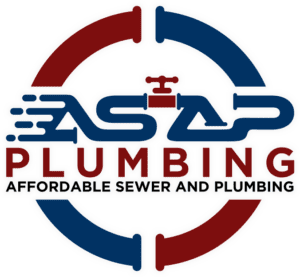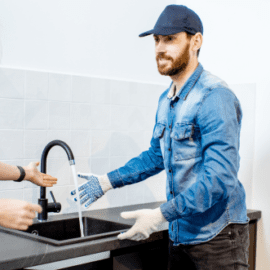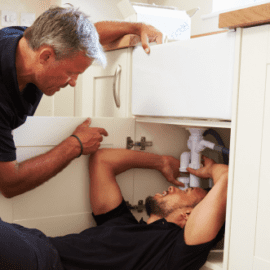Cleveland's Winter Temperatures Can Cause Plumbing Problems
Next week we're in for a cold one in the Greater Cleveland and Lorain areas. The weather forecast predicts temps down to 5° in Lorain, Ohio with 32° being the high. What does that mean for your plumbing? It could mean nothing, but it could be bad news leading to burst pipes - an expensive plumbing repair. Rather than risk it, we'll give you some tips to keep your plumbing in tact during cold weather and some pointers for whether or not you're in a high-risk group for cold weather plumbing emergencies.
If you already know you're at a higher risk for frozen pipes and you just want to jump straight to the part about reducing your risk, read: Preventing Your Pipes from Bursting During Cleveland's Cold Season
Increased Risk for Freezing Pipes:
- Temperatures below 20 degrees Fahrenheit. Of course there isn't an exact temperature we know pipes will freeze, but a widely accepted notion is that most pipe-bursting occurs when the weather is twenty degrees and less and the colder the weather, the greater the chance of your pipes freezing.
- Plumbing pipes in unheated spaces such as crawl spaces, basements, attics, and garages. During a home inspection is usually a great time to take note of where all the pipes are and if any are in unheated spaces, so that you can take precautions when the temperatures drop. But even pipes running through cabinets (think underneath plumbing fixtures likes sinks) and exterior walls (the closer to the outdoor temperatures, the more at risk) can freeze.
- No heat. It may seem obvious that when you have no heat and temperatures are below freezing that your water would freeze, but when a house runs out of heat, many times it the heat that becomes top of mind and homeowners forget to think about the plumbing.
- Open garage doors. When we're experiencing these cold temperatures, it's extremely important not to keep garage doors open if you have an attached garage. Many times pipes are run close to the garage walls, and leaving the doors open can cause rapid temperature loss.
- Vacant houses. When water is in your pipes and it freezes, that causes burst pipes as the water expands and builds pressure. When you're leaving a home vacant for a long period of time - winterize it, which includes shutting off the water, checking the sump pump and draining the hot water heater. Here's a helpful checklist on Angie's List.
Are You in a High Risk Group for Freezing Pipes in Cleveland?




Pingback:Tips to Prevent Burst Pipes from Your Local Plumber - ASAP Plumbing